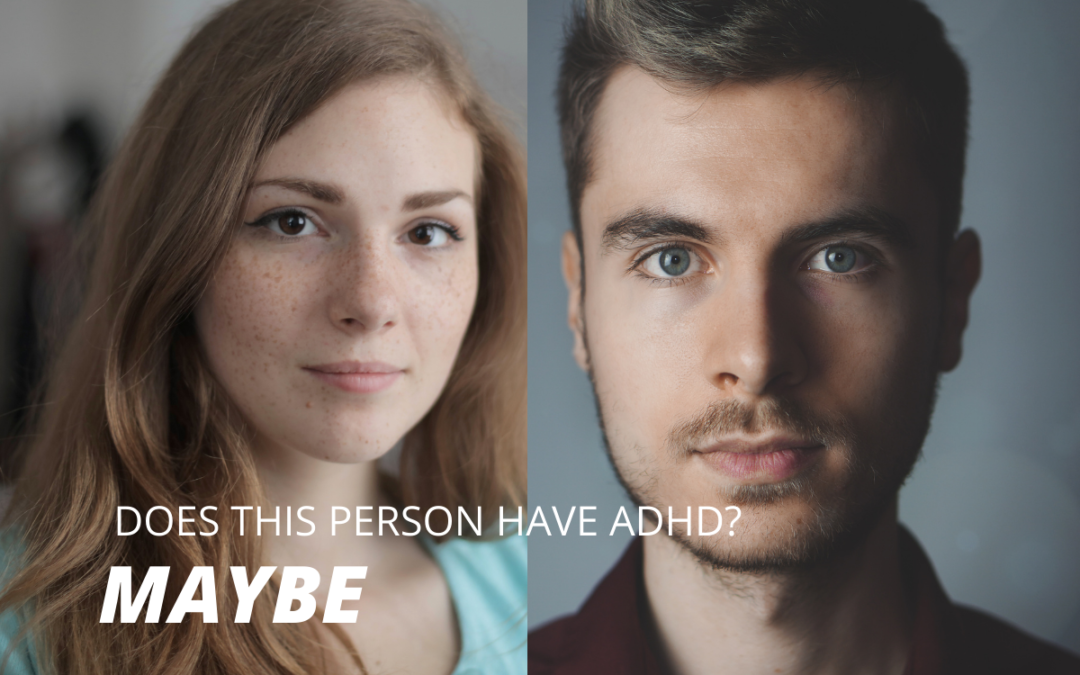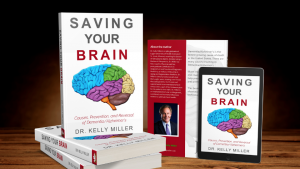ADHD doesn’t simply appear one day.
What does suddenly appear is a new responsibility in life that’s too much for someone with ADHD to handle. Maybe you managed to get through elementary school or high school, and it’s the demands of college or the expectations from a job or a relationship that you aren’t able to meet.
That tipping point depends on your particular symptoms and how well you deal with them. People who are more hyperactive and impulsive, for example, may be more likely to get a diagnosis in childhood because their behavior is disruptive in school.
Attention deficit hyperactivity disorder (ADHD) affects about 8.4 percent of children and 2.5 percent of adults, according to the American Psychiatric Association (APA).
The National Institute of Mental Health estimates that the numbers may be higher. Many girls and adults with the condition also go undiagnosed.
“That explains in large part the male-to-female ADHD ratio of 3:1 in children,”David Goodman, MD, assistant professor of psychiatry and behavioral sciences at Johns Hopkins School of Medicine says. Women, he adds, especially those with a higher IQ, tend not to be diagnosed until college or beyond. In fact, the higher your IQ, the later you’re often diagnosed because you’re able to make up for your condition.
There is a source of constant anxiety — a common symptom of ADHD. “Everything seems more complicated than it should be. You wake up every morning and think, ‘What am I going to screw up today?”
READ also our latest bog on ADHD: from Childhood to Adulthood
Common Symptoms of ADHD in Children
1. Self-focused behavior
A common sign of ADHD is what looks like an inability to recognize other people’s needs and desires. This can lead to the next two signs:
- interrupting
- trouble waiting their turn
2. Interrupting
Self-focused behavior may cause a child with ADHD to interrupt others while they’re talking or butt into conversations or games they’re not part of.
3. Trouble waiting their turn
Kids with ADHD may have trouble waiting their turn during classroom activities or when playing games with other children.
- Emotional turmoil
A child with ADHD may have trouble keeping their emotions in check. They may have outbursts of anger at inappropriate times.
Younger children may have temper tantrums.
5. Fidgeting
Children with ADHD often can’t sit still. They may try to get up and run around, fidget, or squirm in their chair when forced to sit.
6. Problems playing quietly
Fidgetiness can make it difficult for kids with ADHD to play quietly or engage calmly in leisure activities.
7. Unfinished tasks
A child with ADHD may show interest in lots of different things, but they may have problems finishing them. For example, they may start projects, chores, or homework, but move on to the next thing that catches their interest before finishing.
8. Lack of focus
A child with ADHD may have trouble paying attention — even when someone is speaking directly to them.
They’ll say they heard you, but they won’t be able to repeat back what you just said.
9. Avoidance of tasks needing extended mental effort
This same lack of focus can cause a child to avoid activities that require a sustained mental effort, such as paying attention in class or doing homework.
10. Mistakes
Children with ADHD may have trouble following instructions that require planning or executing a plan. This can then lead to careless mistakes — but it doesn’t indicate laziness or a lack of intelligence.
Common Symptoms of ADHD in Adults
1. Lack of Focus
As hyperactivity is often the first sign recognized by parents of children with ADHD, lack of focus is the main sign in adulthood. It may seem like you’re losing interest during a conversation when you really just can’t stay focused on the topic. Perhaps you find yourself easily distracted while trying to accomplish a task and you may even miss important details or instruction.
2. Extreme Focus
On the other hand, hyperfocus may be a key sign as you become so determined to complete a job or task that you completely tune out the environment around you. From enjoying a hobby to watching a television show to paperwork, you seem to disregard sights, sounds, and people around you for a time period. This can cause hardships with co-workers and loved ones as they think you are ignoring them.
3. Restlessness and Anxiety
Like a train going at full speed, your mind is always racing with thoughts and concerns. This is similar to the hyperactivity a child with ADHD presents, but it is different in adults. Restlessness and anxiety work together in adults with ADHD as you may feel like you must keep moving and cannot stop. As life does not always work this way, frustration sets in and you become anxious. You may even play out scenes in your mind as to what will happen if you do not carry out what you want to do.
4. Lack of Motivation
Even with the symptoms of restlessness and hyperfocus, a person with ADHD may also suffer from a lack of motivation. The active thought to manage a job or task is present, but the emotional desire of motivation hinders your actions. Procrastination and lack of organization are two key signs of this behavior.
5. Lack of Organization
Sometimes we all feel disorganized with our adult responsibilities of caring for family, work, ensuring bills are paid on time, and taking care of ourselves. Add to this unexpected events, and it sometimes seems impossible to keep up with it all. Imagine the weight of living life for someone with ADHD. Every day can be chaotic as they constantly struggle with time management and other organizational skills.
6. Forgetfulness
Those with adult ADHD are no different than us in forgetting where they placed objects such as car keys. The main difference is that forgetfulness is a daily negative in their lives. Little things such as forgetting to pick up milk at the store can lead to bigger issues that cause serious problems in their careers and personal relationships. Forgetfulness can appear to others as lack of intelligence or negligence.
7. Impulsiveness
Being impulsive or spontaneous with actions such as spending money or completing a task can have detrimental effects on a person’s professional and personal life. Adults with ADHD often interrupt conversations, act socially awkward and unacceptable, and walk through life with no thought, or care, of consequences.
8. Relationship Struggles
All of the aforementioned symptoms can contribute to problems with relationships, both professional and personal. Left untreated, a person with ADHD can struggle with managing tasks necessary to maintain employment or may have difficulty sustaining personal relationships with family and friends. Romantic relationships can suffer as well.
9. Lack of Self-Esteem
With all of the extra pressure adults with ADHD put on themselves, their feelings of self-worth can come into play. Problems at work, with relationships, and dealing with daily activities can lead to thoughts of failure. Any negative interactions with others can increase anxiety and stress.
10. Health Concerns
Any of the symptoms of ADHD can lead a person to disregard personal care. Sufferers may have poor hygiene, neglect healthy eating habits, avoid exercise, and not maintain regular physical checkups.
An adult suffering with symptoms of ADHD may also frequently change jobs, engage in excessive use of alcohol or illicit drugs, have trouble maintaining romantic relationships, and disengage from social activities.
Synchronizing the Brain
Dr. Kelly Miller, NMD has helped many patients suffering from ADHD. Through the various advanced programs offered at Saving Your Brain, patients have experienced improvements in focus, memory, and overall less anxiety for adults and children. If you are interested in learning more about these advanced programs, contact us at info@savingyourbrain.com. Schedule a private telehealth call or chat with Kelly Miller, NMD to discuss which programs may be right for you or your loved one.
Here are some main services offered at Saving Your Brain after the Initial Brain Assessment is taken to determine which areas of the brain are imbalanced and affected.


